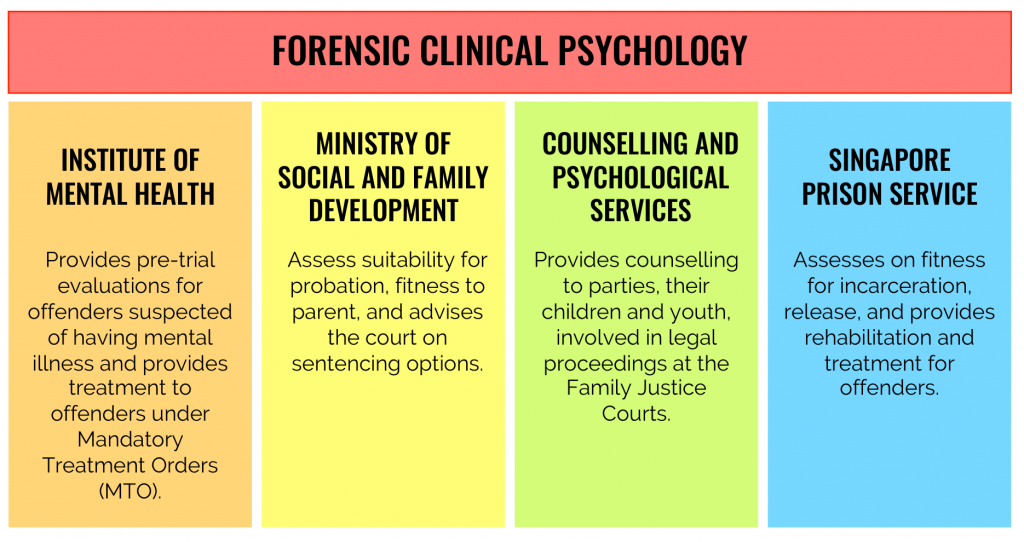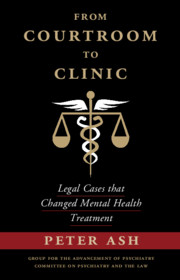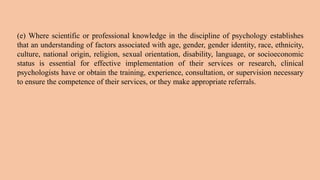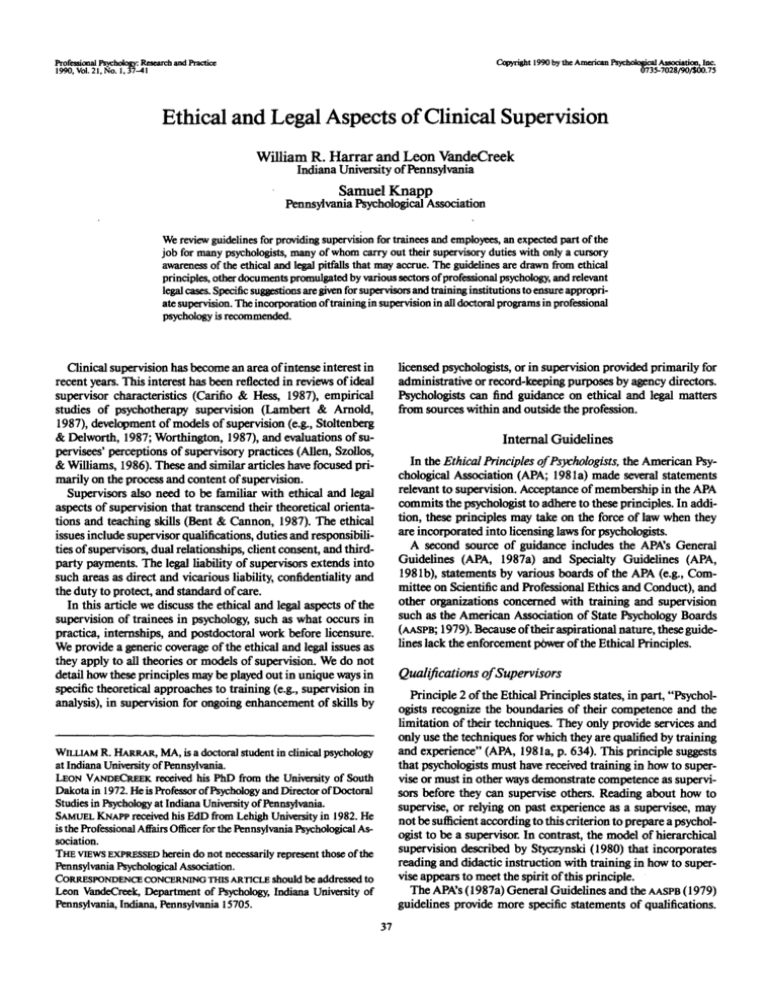Clinical psychology is a field that deals with the assessment, diagnosis, and treatment of mental health disorders. As a branch of psychology, it is subject to the same legal and ethical considerations as any other area of practice. However, there are several legal issues that are unique to clinical psychology and that can impact the way practitioners work with clients.
One of the most significant legal issues in clinical psychology is the issue of informed consent. This refers to the process by which a client gives their consent to treatment after being fully informed about the nature of the treatment, the potential risks and benefits, and any alternative options. Informed consent is essential in clinical psychology because it allows clients to make an informed decision about their treatment and to understand their rights as a patient.
Another legal issue that can arise in clinical psychology is the issue of confidentiality. In general, clinical psychologists are required to maintain the confidentiality of their clients' information, except in cases where there is a risk of harm to the client or to others. This means that clinical psychologists cannot disclose a client's information to anyone without the client's explicit consent, unless there are legal or ethical exceptions.
One such exception is the Tarasoff rule, which requires clinicians to take steps to protect a potential victim if they believe that a client presents a significant risk of harm to that person. This may involve warning the potential victim, contacting law enforcement, or hospitalizing the client. The Tarasoff rule is based on a 1976 California Supreme Court case and has been adopted by many states, although the specific requirements vary by state.
Another legal issue that can arise in clinical psychology is the issue of competency. In some cases, a client may be deemed legally incompetent to make decisions about their treatment, either because they are unable to understand the nature and consequences of their treatment or because they are unable to communicate their wishes. In these cases, a legal guardian or conservator may be appointed to make decisions on behalf of the client.
Finally, clinical psychologists may also encounter legal issues related to insurance coverage for mental health treatment. Many insurance plans have limitations on the types of treatment that are covered and the number of sessions that are allowed, which can impact the way that clinical psychologists work with clients.
In conclusion, legal issues are an important aspect of clinical psychology and can significantly impact the way that practitioners work with clients. It is essential for clinical psychologists to be aware of these issues and to follow the relevant laws and ethical guidelines in order to provide the best possible care to their clients.









